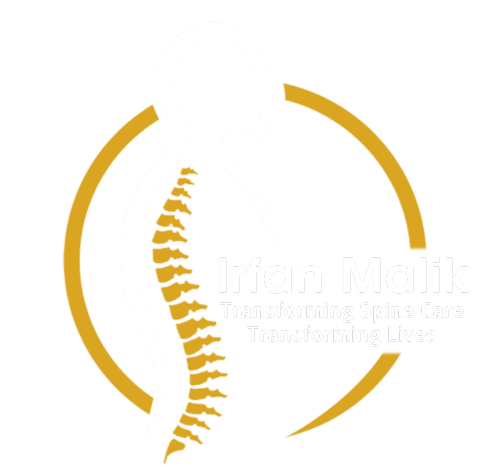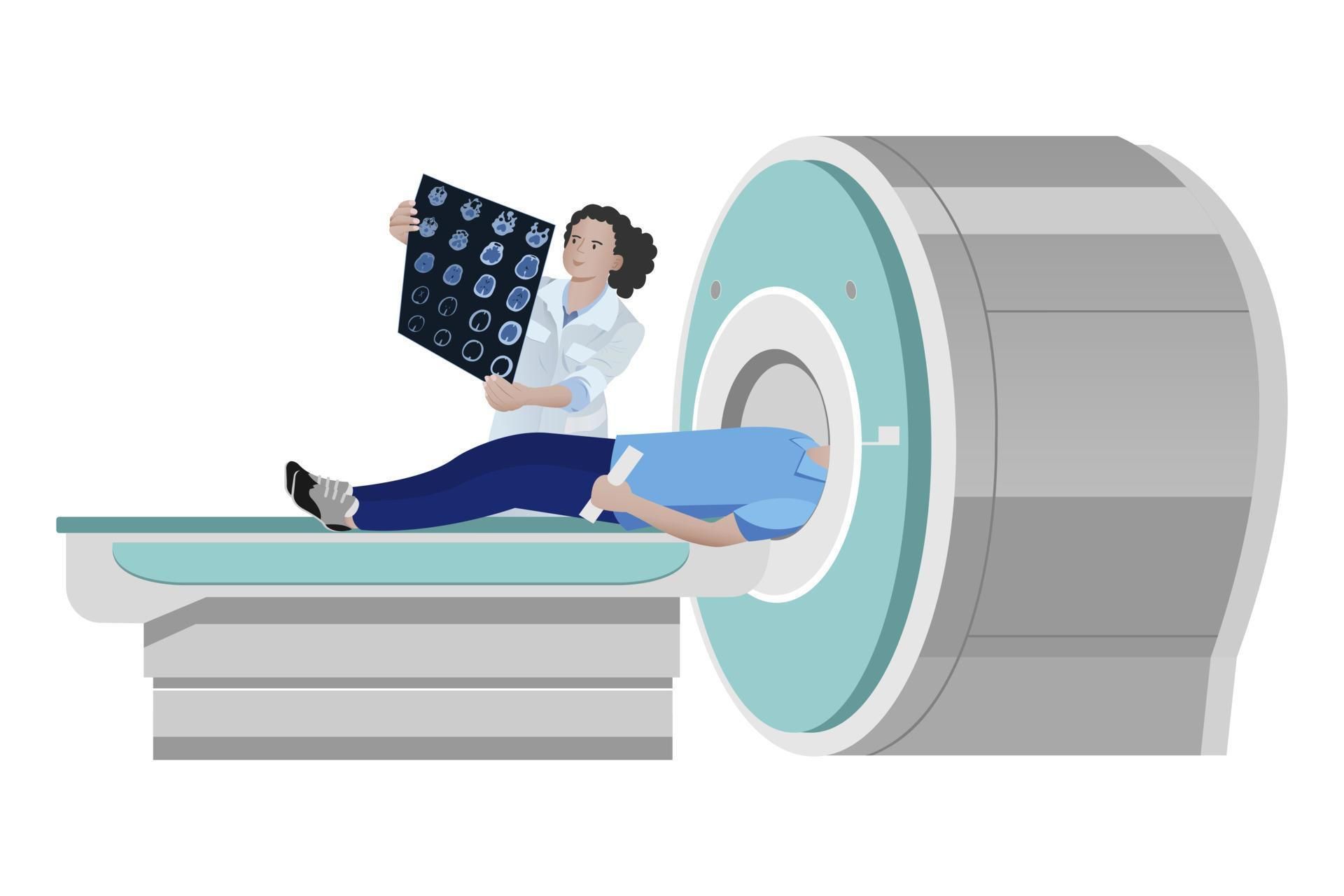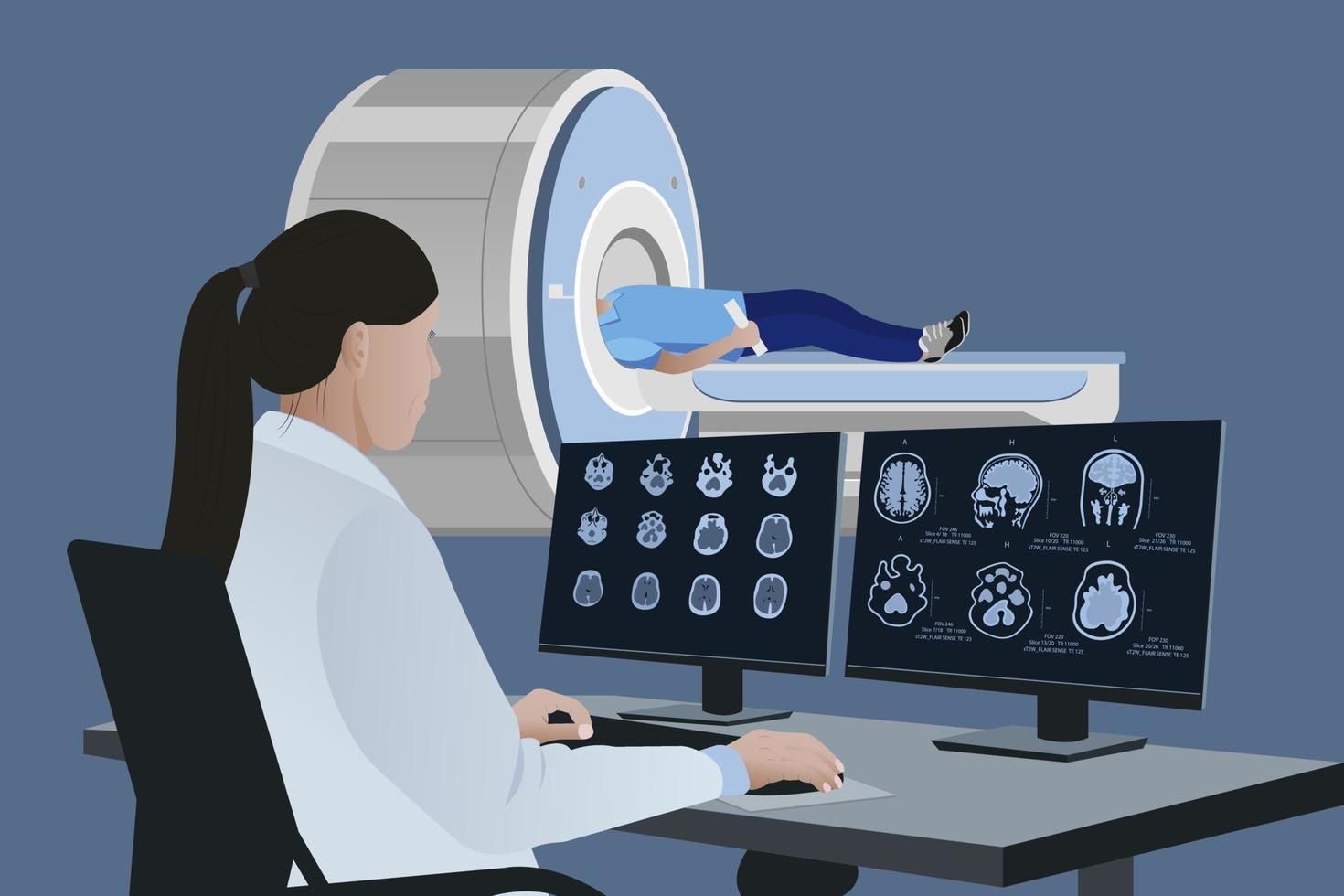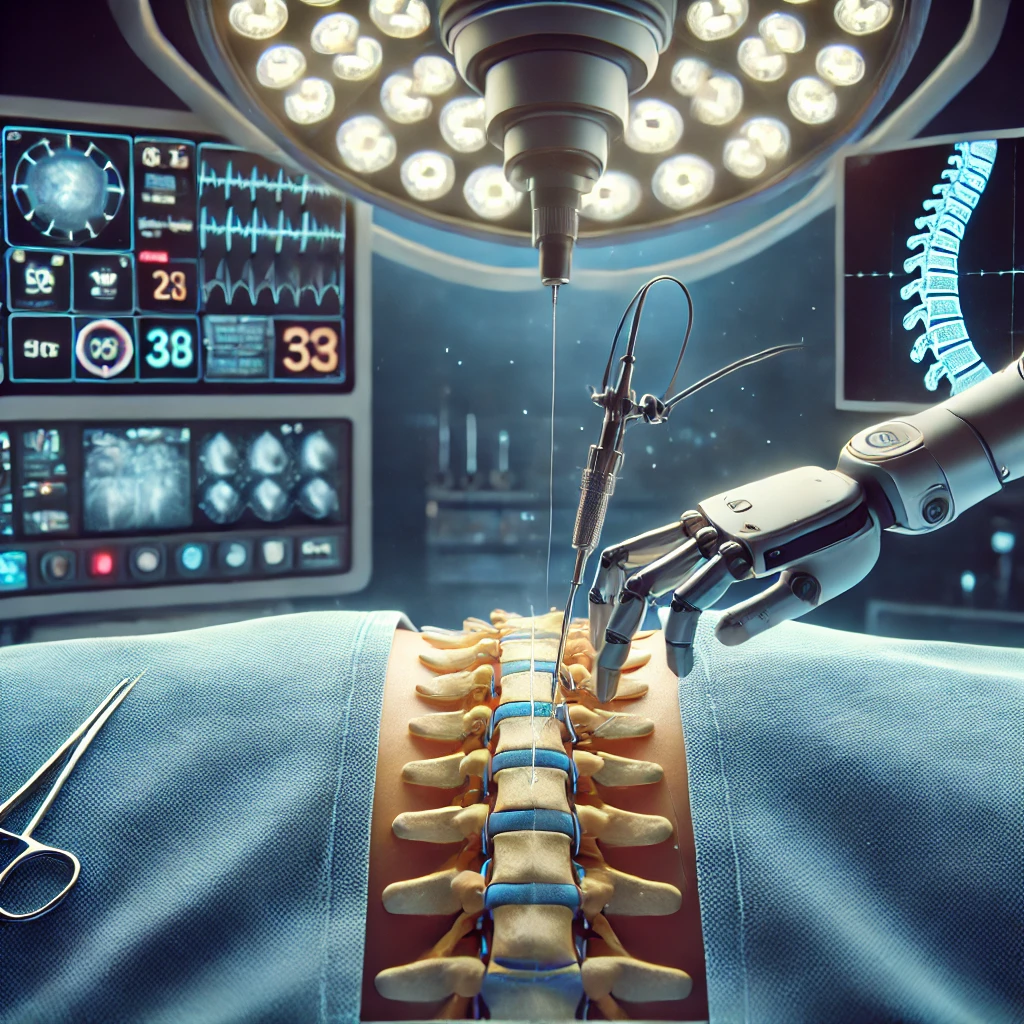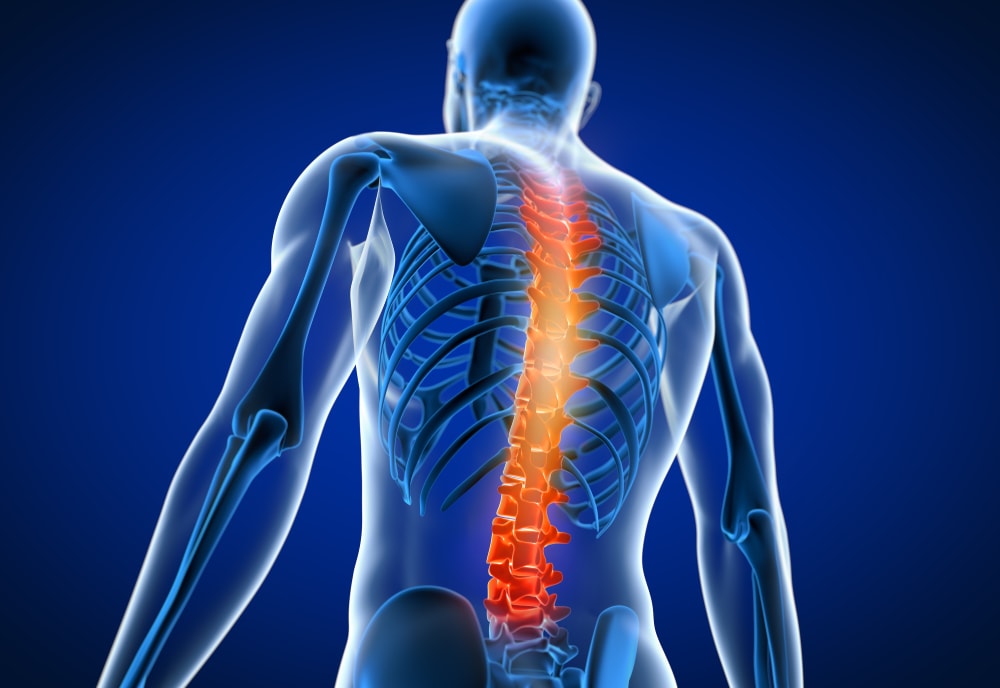Overview
Magnetic Resonance Imaging (MRI) is a non-invasive diagnostic imaging technique used to create detailed images of the body's internal structures, including bones, joints, soft tissues, and organs. It uses a combination of strong magnets, radio waves, and a computer to generate cross-sectional images, offering superior clarity compared to traditional X-rays or CT scans. MRI is commonly used to diagnose a variety of conditions, particularly those involving the spine, brain, muscles, and joints. It plays a crucial role in diagnosing spinal disorders, brain tumors, and soft tissue injuries.
